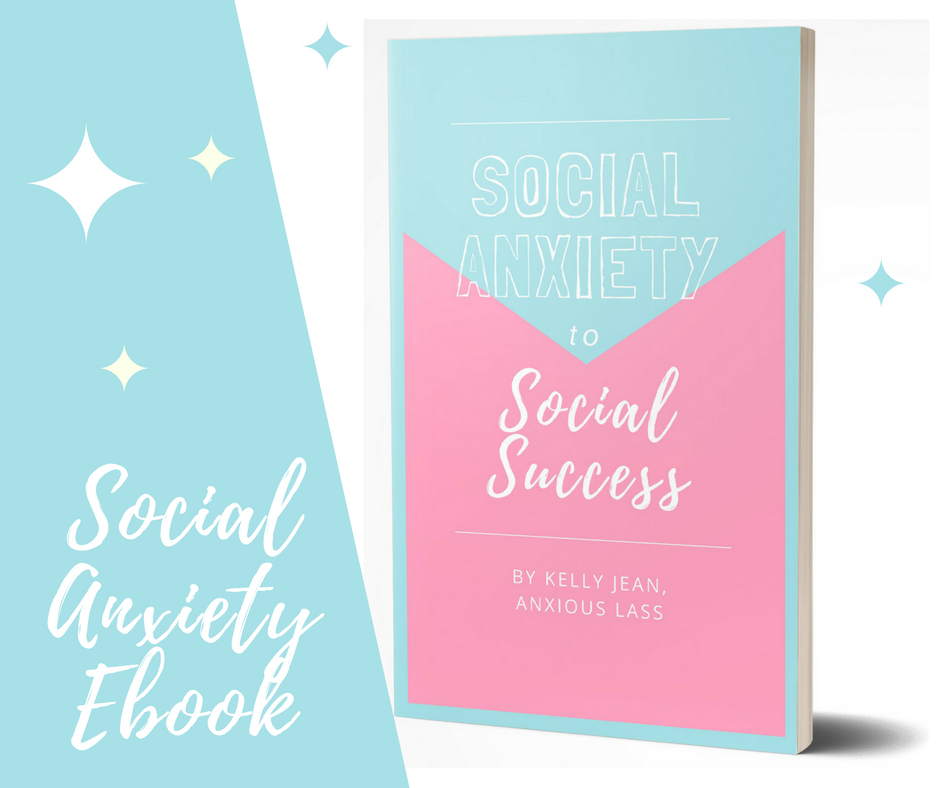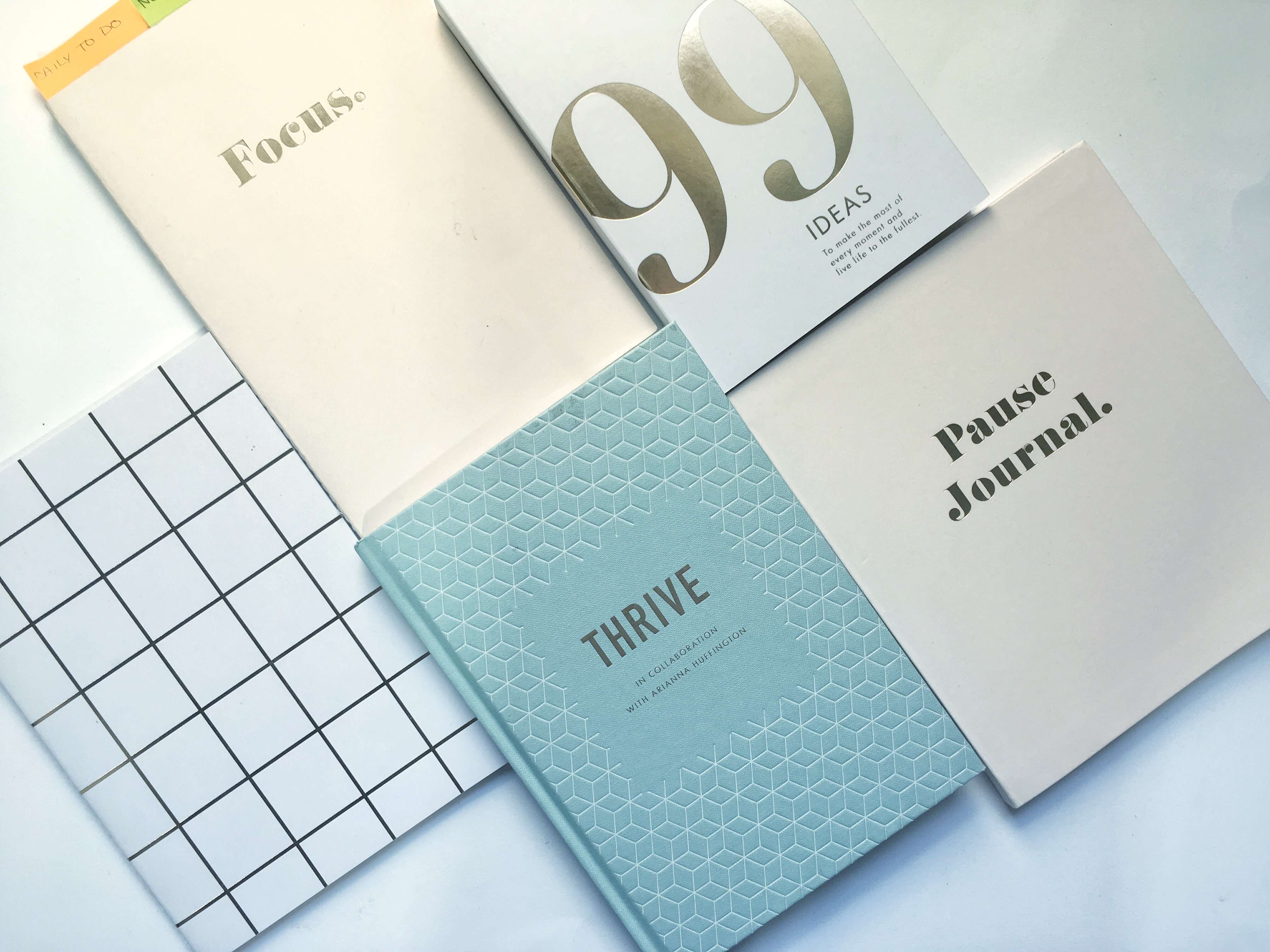
Why therapy is magic with mental health advocate Jo Love
Let me introduce you to Jo Love. She is a Trainee Psychotherapist, award-winning Mental Health Advocate, Artist and Author of Therapy is… Magic.
In this episode of the Out of Office podcast we cover:
- Jo’s squiggly career journey from lawyer to business owner to trainee psychotherapist
- Why self-employment isn’t always the key to a healthy relationship with work
- What therapy really is (and isn’t)
- Things to consider when you think about getting therapy
In this episode, we also discuss our favourite non-therapy self-care activity; journaling. If you’d like to access free journaling prompts you can download them over on my resources page.
About Therapy is Magic
In this part memoir, part mental health resource and how-to guide, Jo Love throws opens the door of her therapist’s office and shines a light on what exactly goes on in the therapy room.
With the help of experts, including her very own therapist, Jo opens a rare window into the real world of therapy, unpicking the magical powers that enabled her to re-find her own voice, restored her resilience through the cloudiest days and ultimately saved her from her own mind.
Each chapter includes:
- A therapy list where Jo shares her knowledgeable insights into therapy
- Inspirational voices in the mental health space on the life-changing effects of therapy
- A ‘From the Other Chair’ section featuring expert opinions from mental health professionals
- ‘Need Help Now’ suggestions
Therapy is … Magic moves away from the stigma sometimes associated with seeking help, and shines a light on the emotional and physical benefits of talking therapies. Jo Love shows us that with professional guidance we can heal ourselves and the relationships we have, tackle addictions and trauma, and save our minds.































